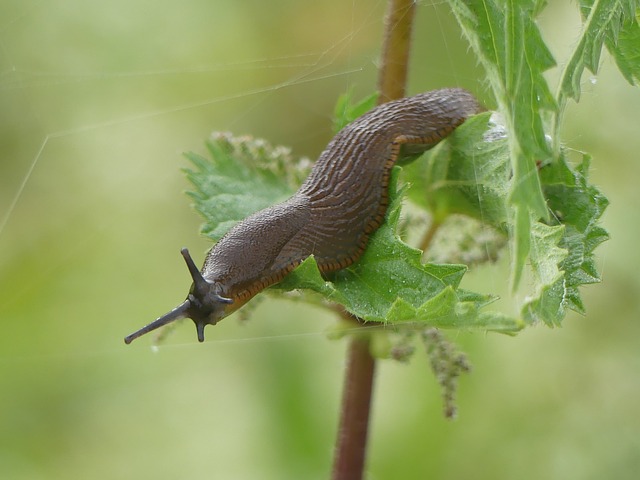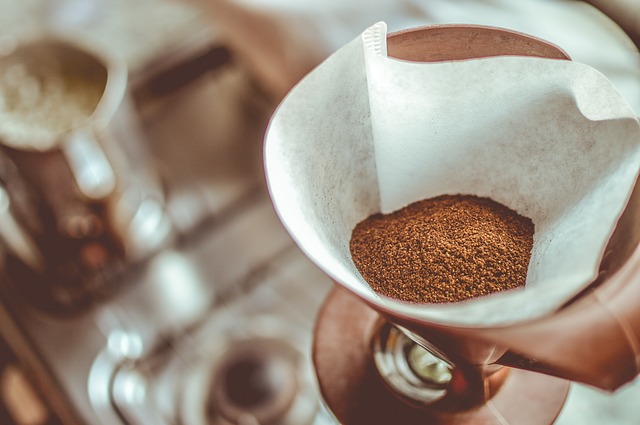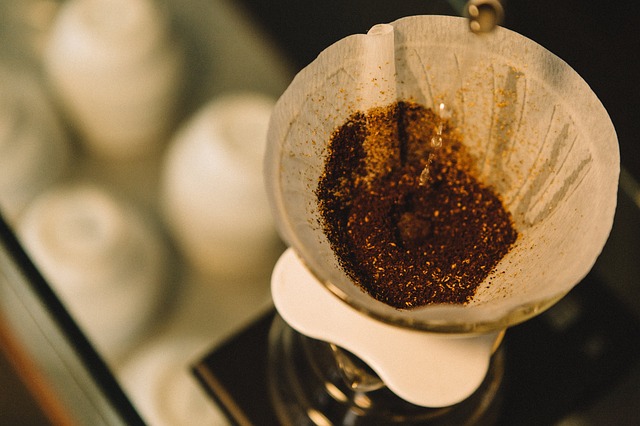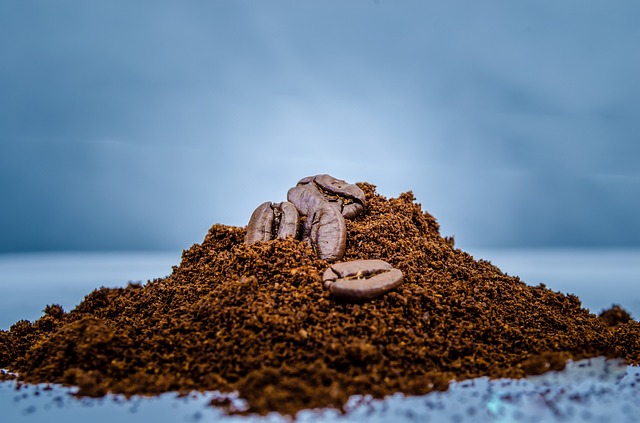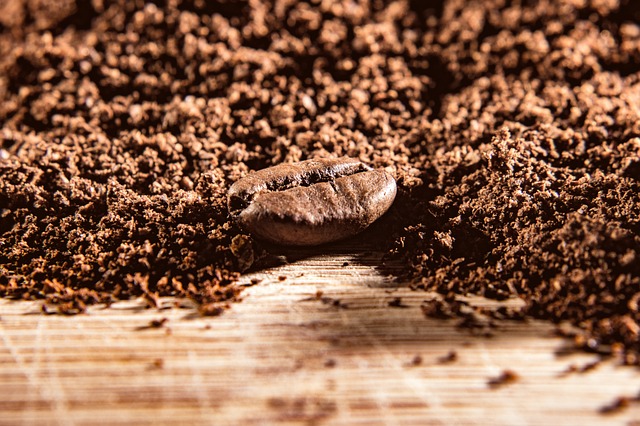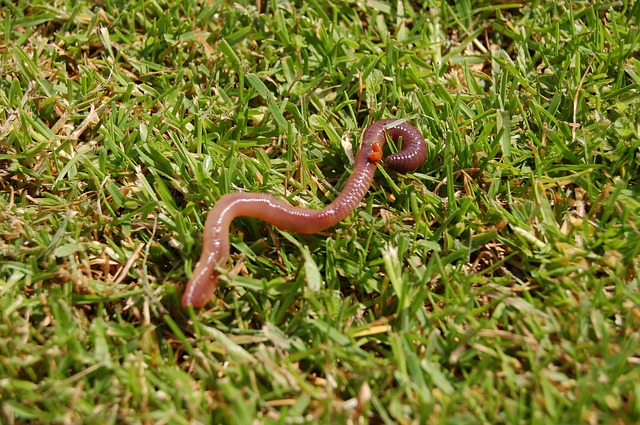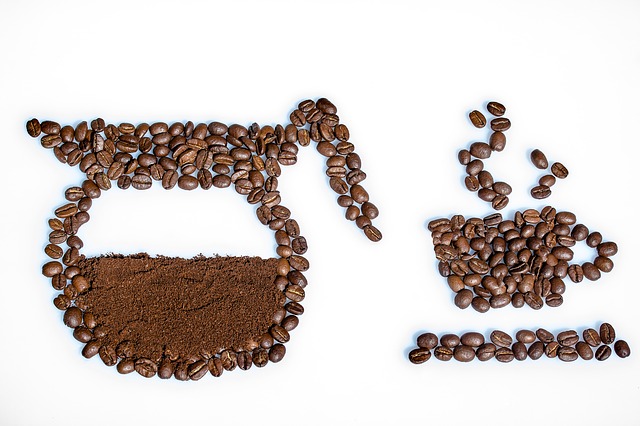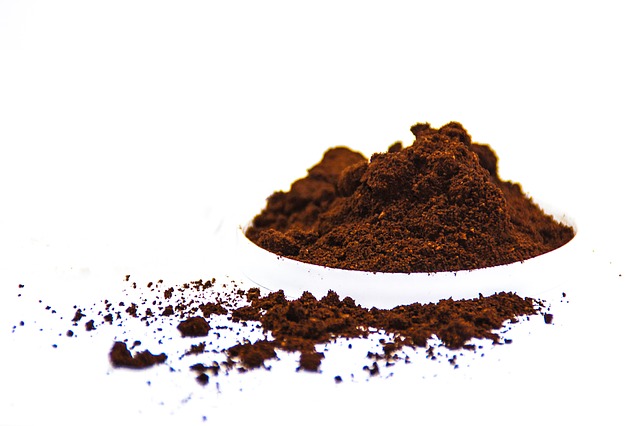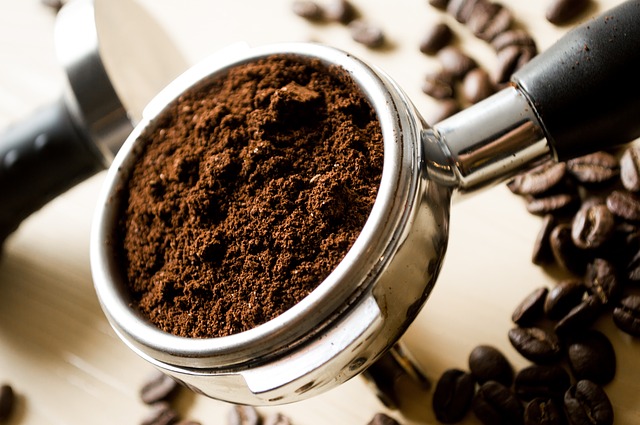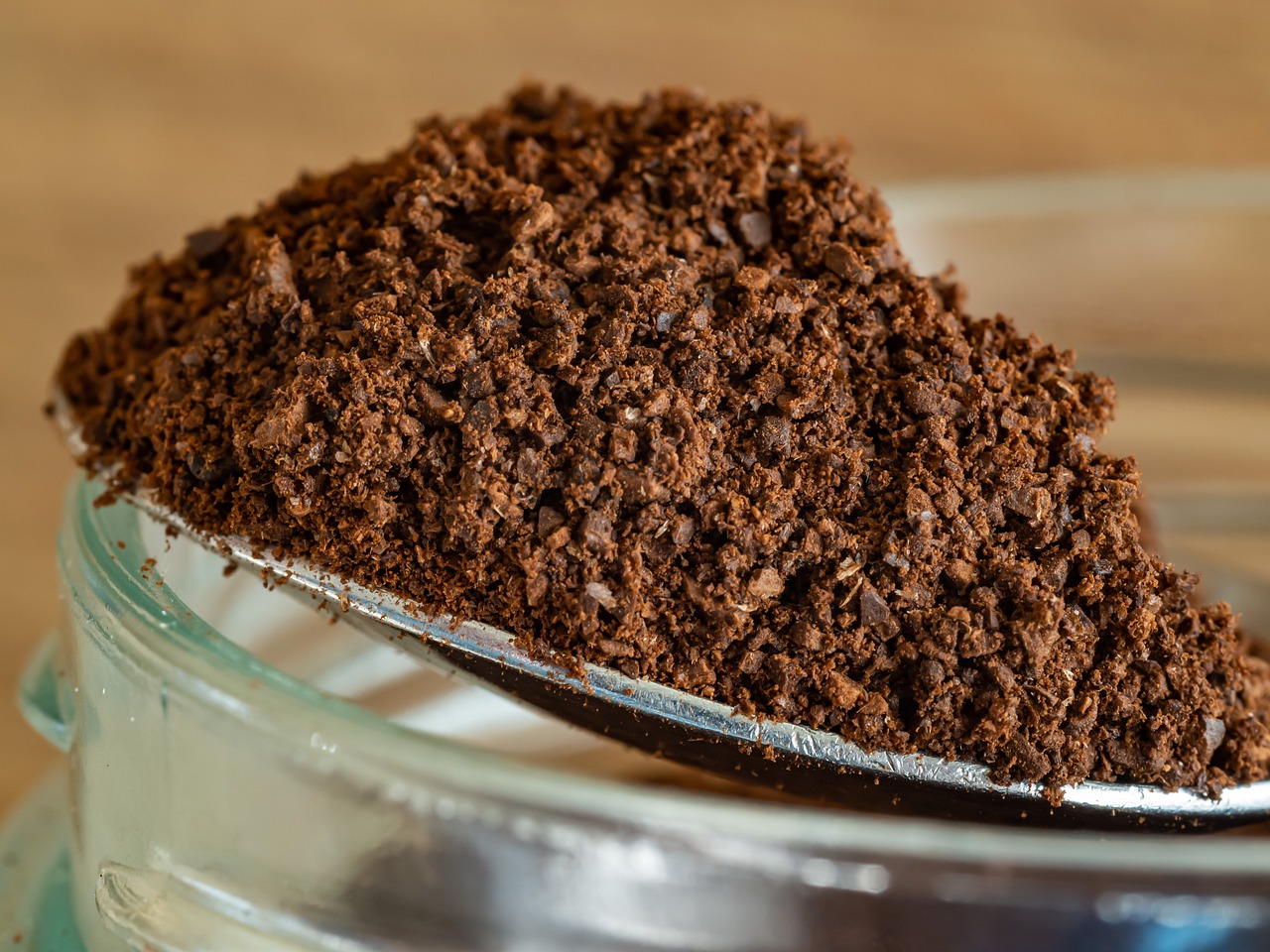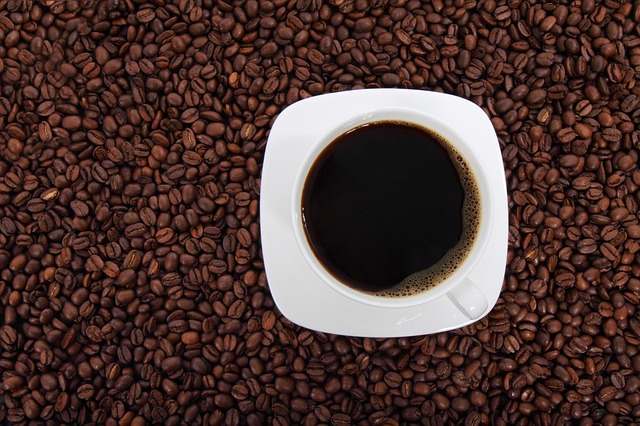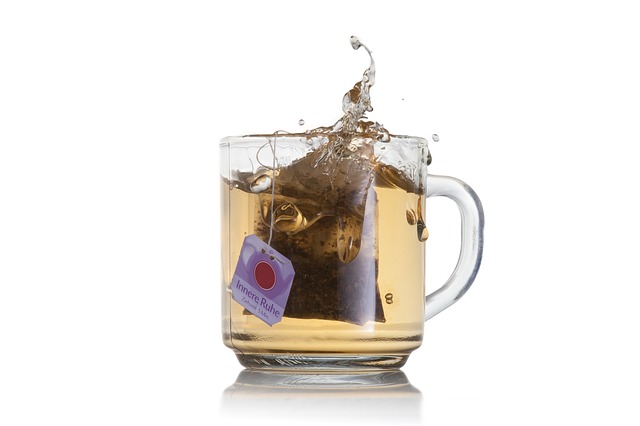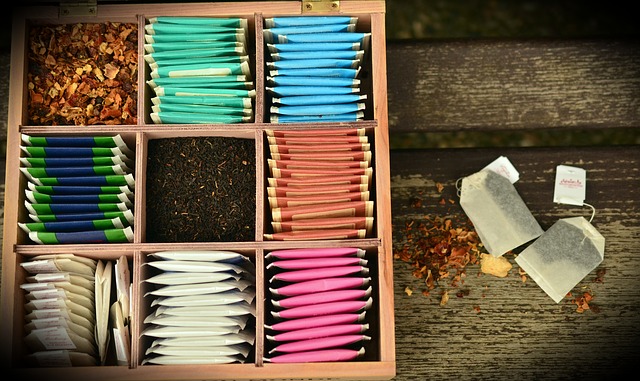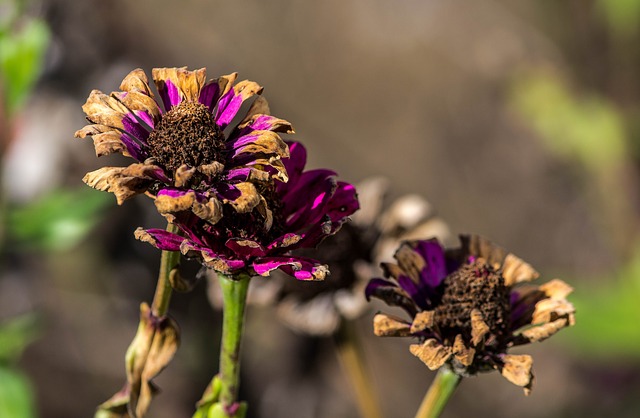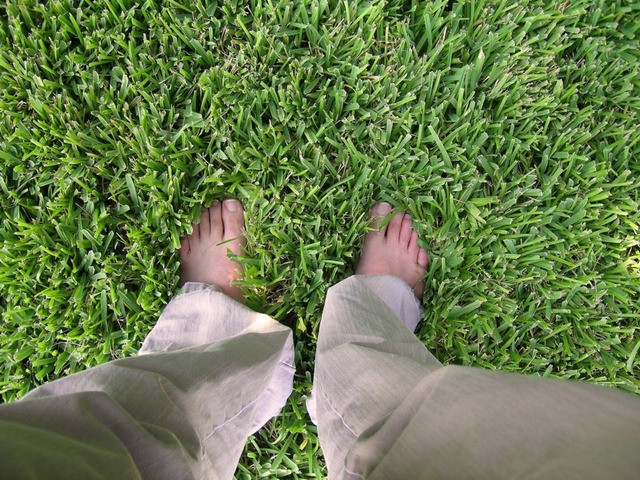
If you’re thinking of reducing the amount of money you normally spend for lawn maintenance, using kitchen ingredients instead of commercial products can definitely help. This brand of practical lawn care, gardeners say, has been used since time immemorial and they continue to be used to this day because they truly work and don’t cost much.
For common garden woes, here are the best kitchen remedies to use:
Fungus
There are two popular kitchen ingredients effective in killing off and preventing fungal growth in grass and other garden plants. Cinnamon and baking soda can fight off fungi that attack the roots and stems.
When you want to use cinnamon, just sprinkle the powder directly on the seedlings. As for baking soda, you will have to mix 3 tablespoons to a quart of water and spray the solution on infected plants until the fungi are gone.
Mildew
This is a common problem for vegetable gardens; tomatoes, cucumbers, and lettuce often suffer from it. Mix one part milk and one part water and spray this solution on plants to control the problem.
Snails and Slugs
These slow crawlers love to feed on grass and leaves. When there’s an infestation, your lawn will likely look more brown than green. To prevent snails and slugs from feeding off your garden, pour a small amount of beer on a shallow paper plate. Beer will attract the crawlers into the plate but they will not be able to get out; eventually, they’ll die.
Weeds
These are known to rob grass and plants of essential nutrients for growth but they can be controlled using white vinegar. This sour substance is powerful enough to kill off crabgrass and dandelions. Just make sure to spray it directly on the weeds because vinegar is very acidic.
Insects
These are the peskiest to deal with because not only do they sabotage the development and health of grass and plants, but they tend to find their way into the home as well.
There are different solutions available for everything — from ants to beetles to flies to aphids, and more; you can use pureed garlic mixed with water, apple cider vinegar, hot peppers, ginger, and eggshells.
Rodents
Mice, squirrels, and even larger non-rodent backyard pests like raccoons can be deterred from making a garden their new home by combining hot peppers and ginger with water and castile soap.
Those are some of the most practical and environmentally safe solutions for typical garden or lawn issues. Try using them instead of commercial products to slash the cost of lawn maintenance.
About the Author: Kenneth Lawrence’s craft involves DIY concepts. He values the importance of getting expert help whenever necessary. He visits sites like http://www.wellspringlandscapes.com.
Start Shopping for Lawn Care Supplies!
Does Copper Tape Stop Slugs?
Does copper tape stop slugs? The answer is yes. And you can use this simple solution to keep your plants safe from those slimy plant-eating pests. Repel Slimy Garden Invaders Without Harm Despite being relatively small and very slow-moving, slugs can do a lot of...
Coffee Grounds For Flowers
For many of us, there’s nothing we’d rather do than relax with a cup of coffee near the flower garden. Most people don’t realize however that the grounds used to make our coffee can help to increase the health and beauty of our garden. Here’s what you’ll need to know...
Coffee Grounds For Roses
Using coffee grounds for roses is a fabulous way to improve the health of your plants, helping them to produce those gorgeous flowers you’ve been dreaming of. But there are a few things you’ll need to know before getting started. Conditions Roses Prefer Roses do best...
Do Roses Like Coffee Grounds?
Do roses like coffee grounds? This is something many gardeners wonder about, especially since feeding roses coffee grounds has been a practice that’s been around a very long time. The answer is yes they do, and here’s what you’ll want to know. Roses And Acidic Soil...
How To Use Coffee Grounds For Grass
You’ll want to think twice before you toss your used coffee grounds in the trash every day. Those grounds can actually be used to feed and increase the health of your lawn. Here’s everything you’ll want to know about using coffee grounds for grass. Advantages Of...
Are Coffee Grounds Good For Grass?
Are coffee grounds good for grass? The answer is yes, so you may want to think twice before throwing away your used grounds after your morning cup of coffee. Instead, you can put them to work helping increase the beauty of your lawn. Benefits Of Using Coffee Grounds...
Are Worms Good For Your Lawn?
Despite their slimy looks worms are well-known for being very helpful in the garden. But are worms good for your lawn? You bet they are, and here’s why! Aeration As worms travel from place to place in the soil below your lawn, they create a maze of tunnels. And those...
How To Use Coffee Grounds For Snails
You don’t have to kill those annoying garden snails in order to keep them from eating your plants. In fact, you can use your morning coffee as a non-lethal weapon against them. When they come into contact with your coffee grounds snails will turn right around and...
How To Use Coffee Grounds For Ants
There are endless sprays and poisons you can use to get rid of ants. However, you won’t have to look any further than your morning cup of coffee if you’d like a repellent that doesn’t contain any harmful chemicals. By using coffee grounds ants will stay away and kids...
Which Plants Like Coffee Grounds?
While using coffee grounds in the garden offers quite a few benefits, they can be slightly acid and therefore not appropriate for all plants. So which plants like coffee grounds? Here’s what you’ll need to know. The Basics Of Coffee Grounds Coffee grounds contain...
Coffee Grounds And Hydrangeas
While many people love their hydrangeas, they often would love them even more if they were blue. Luckily the grounds from your morning cup of coffee can help you to achieve those gorgeous blue blooms. Here’s what you’ll need to know about coffee grounds and...
Coffee Grounds For Worms
Worms are an extremely helpful component of any compost bin or pile, not to mention worm farms. And it turns your morning cup of coffee can contribute to their diet. Using coffee grounds for worms is an easy way to keep them from heading to the local landfill while...
Using Coffee Grounds In The Garden
Your morning cup of coffee can help you to not only start your day off right, but in the garden as well. The grounds used to make it have many important properties that are ideal for both plants and soil. By using your coffee grounds in the garden you’ll be able to...
Using Coffee Grounds In Compost
It’s estimated that over two billion cups of coffee are consumed around the world each and every day. And that’s an enormous volume of grounds which are used and then tossed in the trash. By using coffee grounds in compost instead, you can help cut down on waste and...
Used Tea Bags In The Garden
Many people don’t realize that once you’ve had a cup of tea, your tea bag can be used again in quite a few other ways. There are actually many great uses for used tea bags in the garden. And here are some of the best! Free Natural Fertilizer The tea leaves and...
Used Tea Bags In The Compost
The next time you have your daily cup of tea, you may want to think twice about throwing that tea bag in the trash. Instead of contributing extra waste to landfills, you can help the environment and your garden by placing used tea bags in the compost. But before you...
5 Eco-Unfriendly Things You Do That Kill Your Garden
Any budding gardener out there wants to do the best for their garden and their plants. But are you accidentally causing it harm? Here are five eco-friendly things you do that kill your garden: Buying Plants that Contain Pesticides You may not use pesticides yourself...
7 Reasons You Need to Start Gardening Now
Looking for a fun hobby to help you relax? Get outside and get to work in a garden. Gardening has a variety of benefits for your mental, physical and spiritual health. Wondering how tending to plants can help you tend to your health? Here are seven ways gardening can...
Quick Tips To Speed Up Compost Times
Compost is an excellent soil conditioner and natural fertilizer. However, it can take quite a while for it to break down into a form that you can use. Luckily there are a handful of simple things you can do to help speed up compost times without much effort. Size In...
6 Common Types Of Soil Deficiency And How To Solve Them
Unfortunately, not all soil has the nutrients that plants need to grow and thrive. In some cases, it may be lacking in one area or another and therefore need a boost. Here are the most common types of soil deficiency and the best ways to deal with each of them....
